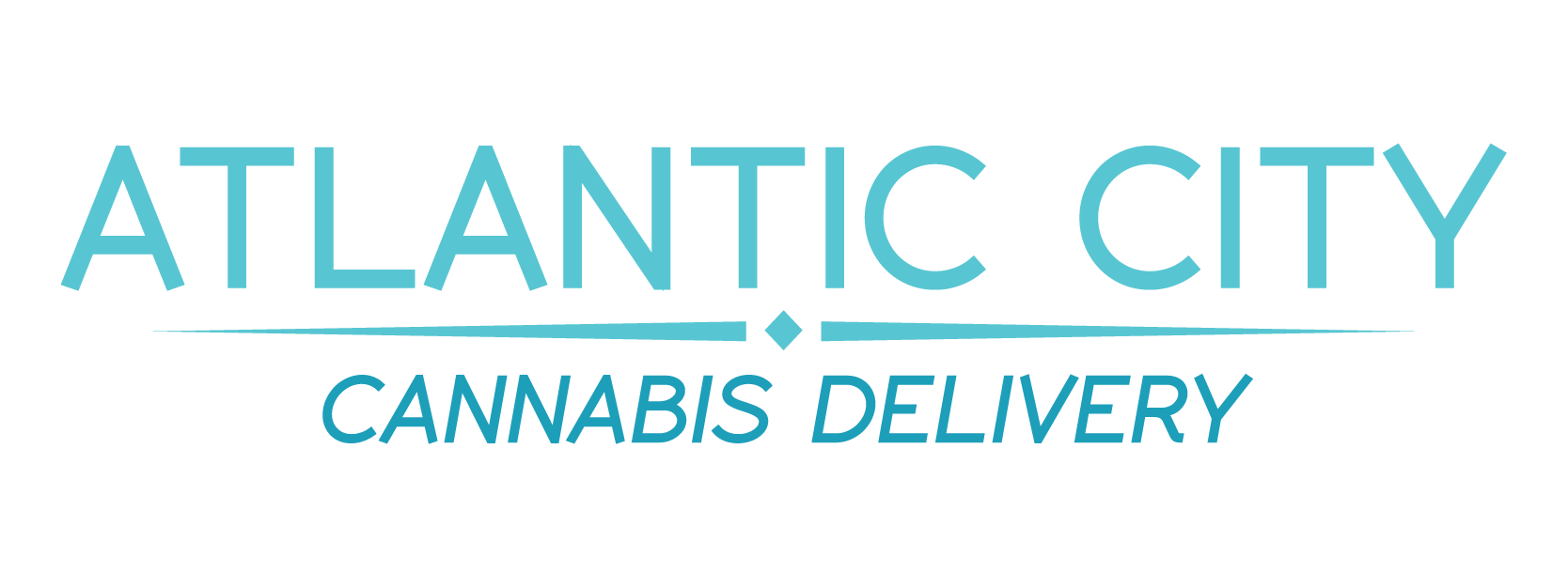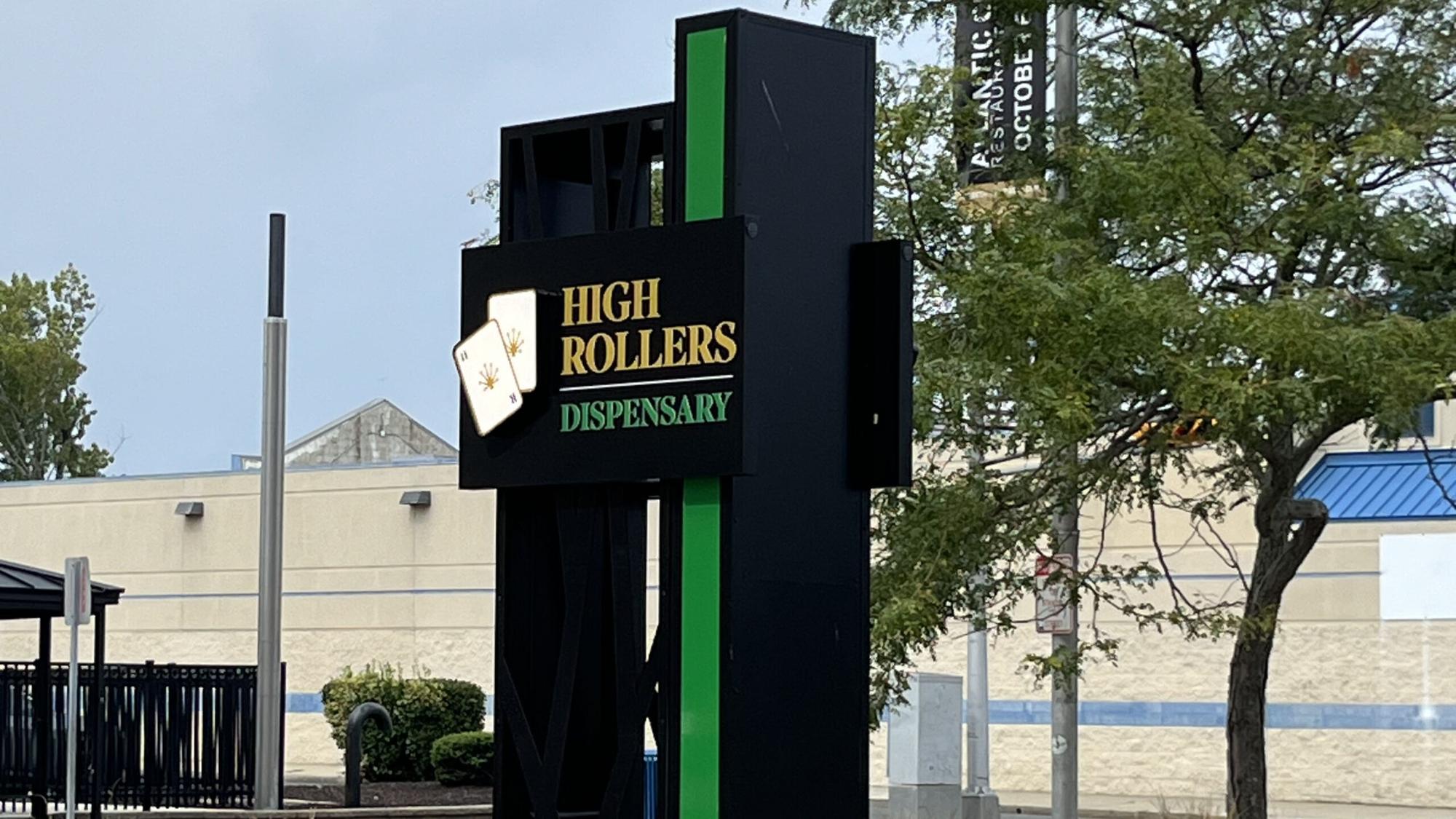With Atlantic City’s cannabis market rapidly expanding, local dispensaries are turning to delivery as a key way to serve customers more conveniently. Deciding between managing delivery internally or outsourcing to a third-party service requires evaluating several critical factors—ranging from cost and compliance to customer satisfaction and operational control.
In-House Delivery: Control and Customization
Pros:
- Enhanced Control: Managing deliveries internally allows dispensaries to maintain direct oversight of the delivery process, ensuring adherence to company standards and customer service protocols.
- Brand Consistency: In-house delivery personnel can be trained to represent the dispensary’s brand effectively, providing a seamless extension of the in-store experience.
- Data Security: Handling deliveries internally can offer better control over customer data, aligning with New Jersey regulations that emphasize privacy and data protection.
Cons:
- Operational Costs: Establishing an in-house delivery system requires significant investment in vehicles, insurance, staff, and technology. Outfitting a single delivery vehicle can cost upwards of $30,000, not including ongoing maintenance and operational expenses.
- Regulatory Compliance: New Jersey mandates strict compliance for cannabis deliveries, including secure transport, GPS tracking, and detailed record-keeping. Managing these requirements internally can be complex and resource-intensive.
- Scalability Challenges: As demand grows, scaling an in-house delivery operation can strain resources, requiring additional investments in infrastructure and personnel.
Third-Party Delivery Services: Efficiency and Reach
Pros:
- Cost Savings: Outsourcing deliveries can reduce capital expenditures on vehicles and infrastructure. Third-party providers often have established systems and trained personnel, lowering the barrier to entry for dispensaries.
- Expertise and Compliance: Reputable third-party services are well-versed in regulatory requirements, ensuring compliance with state laws and reducing the risk of violations.
- Expanded Reach: Partnering with third-party providers can extend a dispensary’s delivery radius, reaching customers beyond the immediate vicinity without the need for additional internal resources.
Cons:
- Reduced Control: Relying on external providers can lead to inconsistencies in service quality and customer experience, potentially impacting the dispensary’s reputation.
- Data Sharing Concerns: Working with third parties involves sharing customer information, which may raise privacy concerns and requires careful management to comply with data protection regulations.
- Dependency Risks: Dependence on a third-party provider means that any issues on their end, such as service disruptions or compliance failures, can directly affect the dispensary’s operations.
Regulatory Landscape in New Jersey
The New Jersey Cannabis Regulatory Commission (CRC) has established comprehensive guidelines for cannabis deliveries. Key requirements include:
- Secure Transport: Deliveries must be conducted using vehicles equipped with secure lockboxes and GPS tracking.
- Personnel Verification: Delivery personnel must carry proper identification and undergo background checks.
- Record-Keeping: Detailed records of each delivery, including customer information and transaction details, must be maintained.
- Delivery Limits: Deliveries are restricted to residential addresses, excluding federally owned properties, and must adhere to quantity limits per transaction.
Final Thoughts
Deciding between in-house and third-party delivery services depends on a dispensary’s specific needs, resources, and long-term goals. In-house delivery offers greater control and brand alignment but requires substantial investment and operational management. Third-party services provide cost-effective scalability and compliance expertise but may involve trade-offs in control and customer data handling.
As the cannabis market in Atlantic City evolves, dispensaries must carefully assess these options to align with their strategic objectives and ensure compliance with New Jersey’s regulatory framework.


